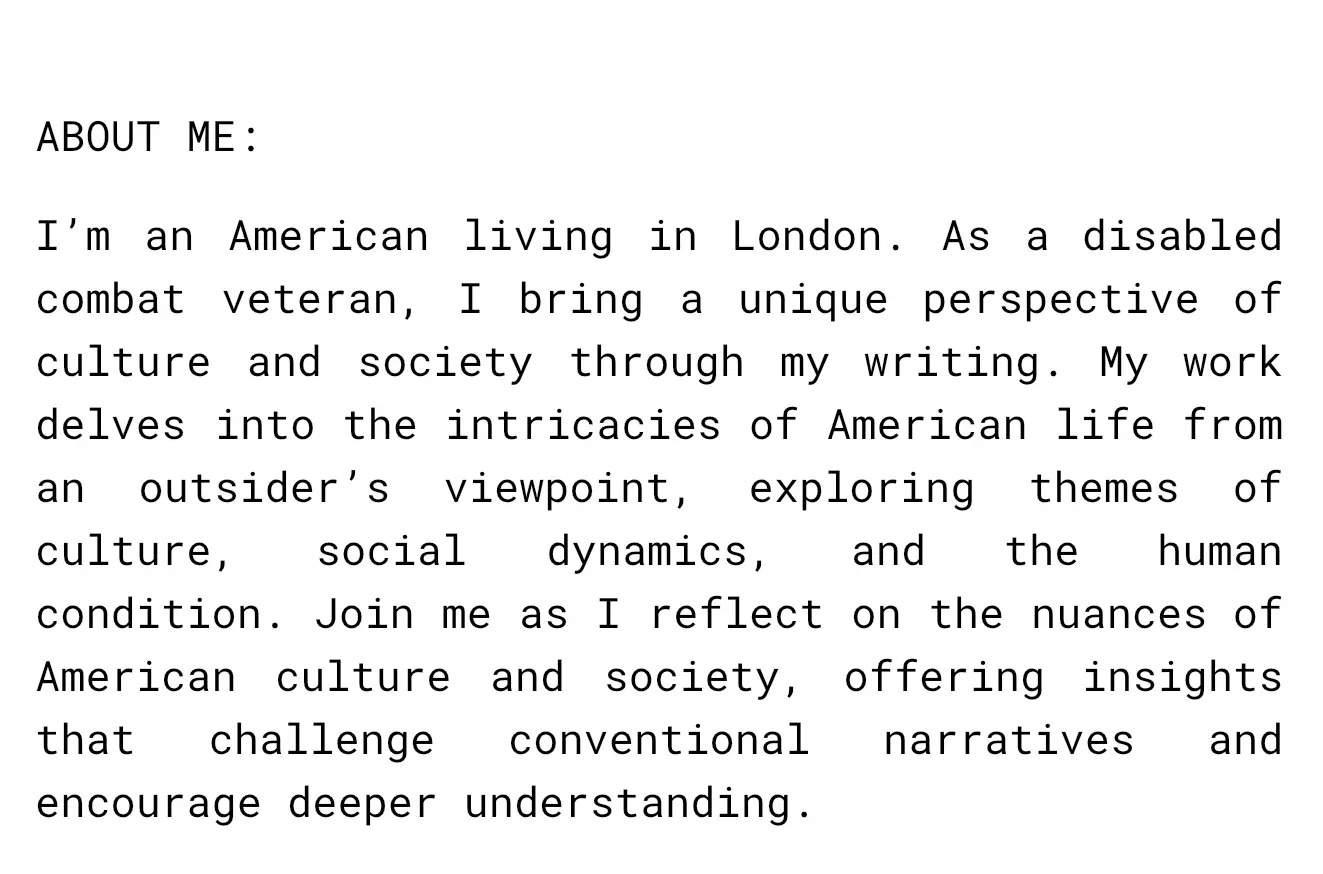Raising a Child in a Different World: A Gen Xer’s Reflection on Parenting Today
I became a father in 2015 at the age of 53. When my daughter started school, the gap between my Gen X upbringing and today’s Millennials and Gen Z became obvious.
When I was born, The Beach Boys and Jan and Dean ruled the airwaves. By the time my daughter arrived, Justin Bieber and One Direction had taken over Spotify. The shift in music wasn’t just about artists—it was about how music was delivered. My childhood meant enduring the static of AM radio; today’s kids stream crisp digital tracks instantly. That change in music consumption reflects something bigger: a world that now operates on immediacy, convenience, and constant access.
Society today doesn’t resemble the world I grew up in. Back then, Halloween costumes were about fun, not political statements. Thanksgiving and Columbus Day were celebrated without controversy. While these debates have always existed, Millennials and Gen Z have amplified them. National holidays, once unquestioned, are now scrutinized. The past isn’t just remembered—it’s re-evaluated.
But society’s evolution is only part of the story. Education and technology have transformed as well.
School and Learning in the Digital Age
My daughter’s school experience is nothing like mine. During the pandemic, her entire education moved online. Even before that, homework, schedules, and grades were accessible through school websites. Higher education has followed suit. Today, someone can earn a degree without setting foot in a classroom.
When I was a kid, the closest thing to remote learning was a mail-order correspondence course. We had to wait for study materials to arrive, complete assignments by hand, and send them back. Now, a degree is a few clicks away. AI tools assist students with writing. Spell-check fixes mistakes. Research happens instantly—no card catalogs, no library trips, no heavy encyclopedia sets.
The shift isn’t just about access to knowledge—it’s about a change in how people think. The art of patience, planning, and long-term effort is being replaced by instant results. We live in a short-order society.
Technology and Instant Gratification
I grew up with snail mail, the Sears catalog, and a rotary phone anchored to the wall. Waiting was part of life. Today, instant messaging, social media, and Amazon Prime have erased the concept of delayed gratification. Want a book? Download it in seconds. Need a ride? Call an Uber. Streaming services have made weekly TV episodes obsolete—entire seasons are consumed in days.
This convenience comes at a cost. Patience feels outdated. Deep relationships take time, but everything else in life now happens instantly. That contrast creates tension between generations—one raised on perseverance, the other on speed.
Growing Up in Generation X
The term “Generation X” gained popularity thanks to Douglas Coupland’s 1991 novel Generation X: Tales for an Accelerated Culture. But Coupland borrowed it from Paul Fussell’s 1983 book, where “X” represented those who rejected societal expectations tied to wealth and status.
A defining difference between Gen X and today’s younger generations lies in upbringing. Millennials and Gen Z were raised by helicopter parents—constantly hovering, shielding them from risk, managing every aspect of their lives. In contrast, Generation X kids were left to fend for themselves.
Roughly 40% of us were latchkey kids, coming home to empty houses, making our own meals, and structuring our own time. Our parents worked—divorce rates were rising, dual-income families were growing, and supervision was scarce. From an early age, we learned to be independent because no one else was going to handle things for us.
We grew up without participation trophies. No one handed us praise just for showing up. If we failed, we had to figure out how to fix it. We didn’t have safety nets—our playgrounds were made of sharp gravel and rusted metal. Helmets? Forget it. Sunscreen? Maybe, if your parents thought about it. We got bruised, we got scraped, but we learned.
That chaotic, unsupervised childhood shaped a generation of resourceful adults. We didn’t rely on validation—we relied on results. When we started working, we pushed for efficiency to protect what we didn’t have growing up: time with family. Ironically, that mindset helped create Millennials and Gen Z—kids raised with structured schedules, supervised activities, and constant feedback.
The Lessons I Hope to Pass Down
Now, as a father, I see the stark contrast between my childhood and my daughter’s. Her world is structured, planned, and monitored. But I encourage her to stumble, to struggle, to figure things out on her own. Resilience isn’t something you can hand down—it’s something learned through experience.
She won’t grow up in the world I did, and maybe that’s how it should be. But if I can pass down one thing, it’s the confidence to face challenges head-on. Falling isn’t the problem—it’s the fear of falling that holds us back. Knowing how to get back up is the real lesson. That’s what I hope she learns.
2023© ElbyJames CC BY-SA 4.



